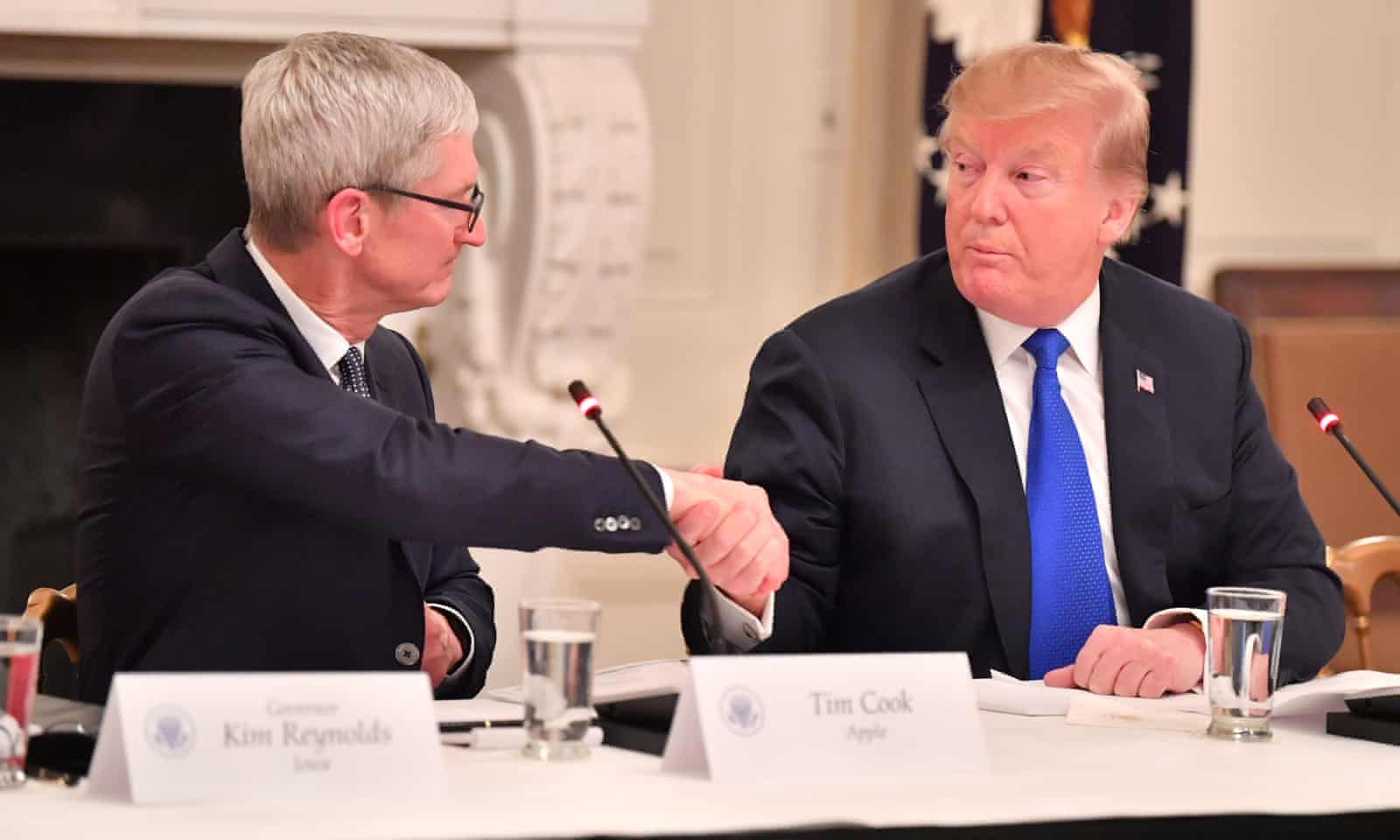No matter what the Silicon Valley giants might argue, ultimately, size is a problem, just as it was for the banks. This is not because bigger is inherently bad, but because the complexity of these organisations makes them so difficult to police. Like the big banks, big tech uses its lobbying muscle to try to avoid regulation. And like the banks, it tries to sell us on the idea that it deserves to play by different rules.
I began digging for more on the topic, and about two years later, in 2018, I came across a stunning Credit Suisse report that both confirmed and quantified the idea. The economist who wrote it, Zoltan Pozsar, forensically analysed the $1tn in corporate savings parked in offshore accounts, mostly by big tech firms. The largest and most intellectual-property-rich 10% of companies – Apple, Microsoft, Cisco, Oracle and Alphabet (Google’s parent company) among them – controlled 80% of this hoard.
According to Pozsar’s calculations, most of that money was held not in cash but in bonds – half of it in corporate bonds. The much-lauded overseas “cash” pile held by the richest American companies, a treasure that Republicans under Trump had cited as the key reason they passed their ill-advised tax “reform” plan, was actually a giant bond portfolio. And it was owned not by banks or mutual funds, which typically have such large financial holdings, but by the world’s biggest technology firms. In addition to being the most profitable and least regulated industry on the planet, the Silicon Valley giants had also become systemically crucial within the marketplace, holding assets that – if sold or downgraded – could topple the markets themselves. Hiding in plain sight was an amazing new discovery: big tech, not big banks, was the new too-big-to-fail industry.
As in any transaction, the party that knows the most can make the smartest deal. The bottom line is that both big-platform tech players and large financial institutions sit in the centre of an hourglass of information and commerce, taking a cut of whatever passes through. They are the house, and the house always wins.
Rana Foroohar
Smart analysis in this two-year old article. Since then, throughout the pandemic, the world economy has become even more dependent on Big Tech companies to keep things running, from video conferencing to home deliveries, cementing their status as ‘too-big-to-fail’. At the same time, some resistance to their dominance is slowly taking shape, from US presidential candidates arguing for the breakup of Big Tech to increased antitrust scrutiny, to a global initiative to set minimum tax rates for multinational corporations. I am somewhat skeptical that these measures will have the desired effects – it feels more likely that these megacompanies will slowly lose steam under the weight of their own complexity and opacity.

As for the threat of a financial crash caused by Big Tech’s portfolio… with rising inflation in the US, which is usually followed by higher interest rates, that may yet happen over the coming year.
Anuja Sonalker, the CEO of Steer Tech, a Maryland-based company selling self-parking technology, recently summed up the new virus-personalised pitch.
There has been a distinct warming up to humanless, contactless technology, she said.Humans are biohazards, machines are not.It’s a future in which our homes are never again exclusively personal spaces, but are also, via high-speed digital connectivity, our schools, our doctor’s offices, our gyms, and, if determined by the state, our jails. Of course, for many of us, those same homes were already turning into our never-off workplaces and our primary entertainment venues before the pandemic, and surveillance incarceration “in the community” was already booming. But in the future that is hastily being constructed, all of these trends are poised for a warp-speed acceleration.
Naomi Klein
Post a Comment